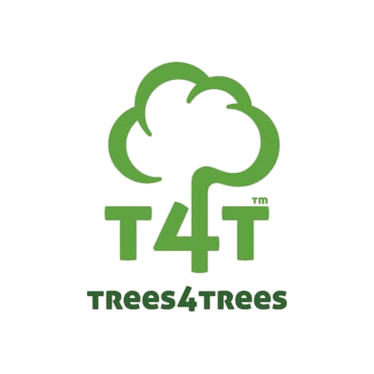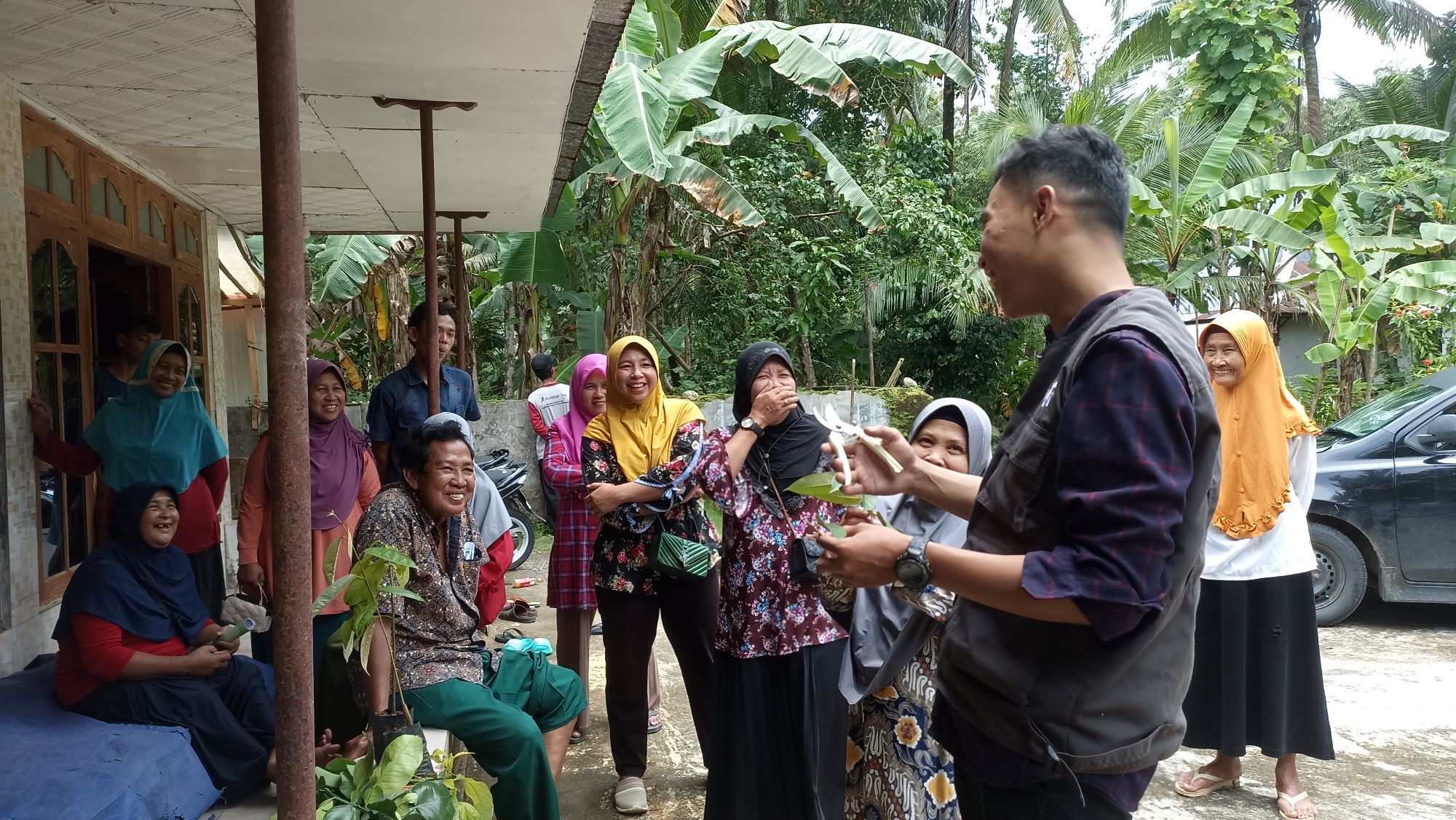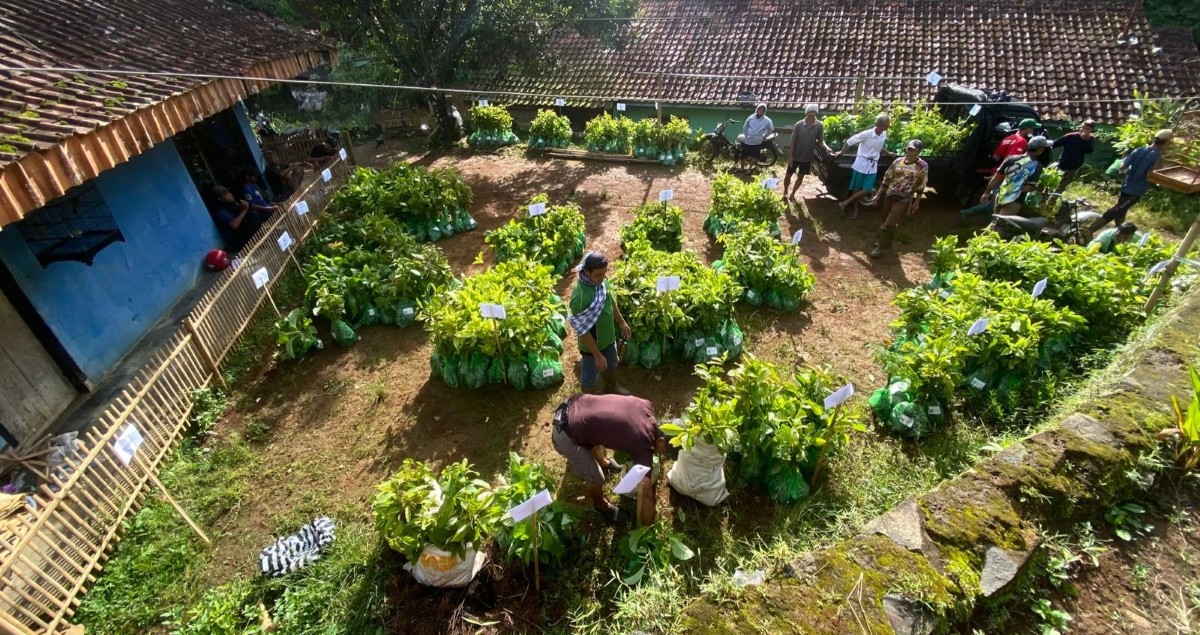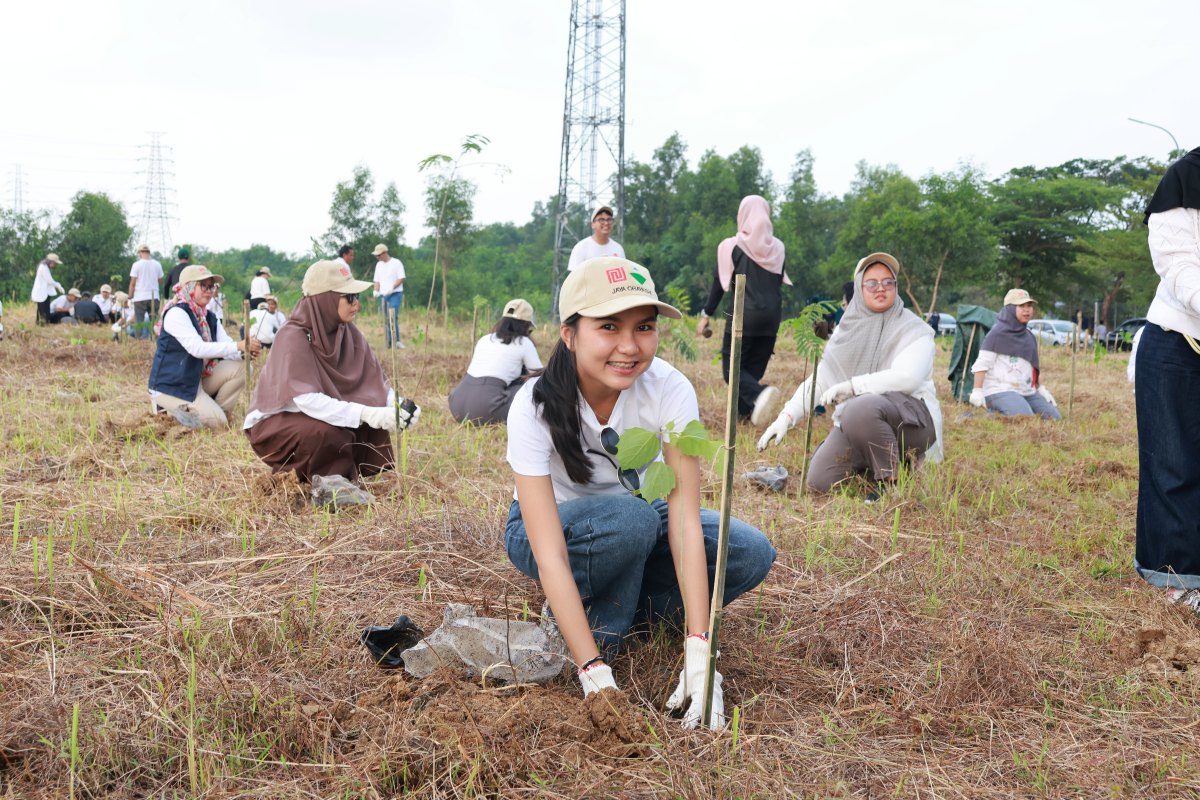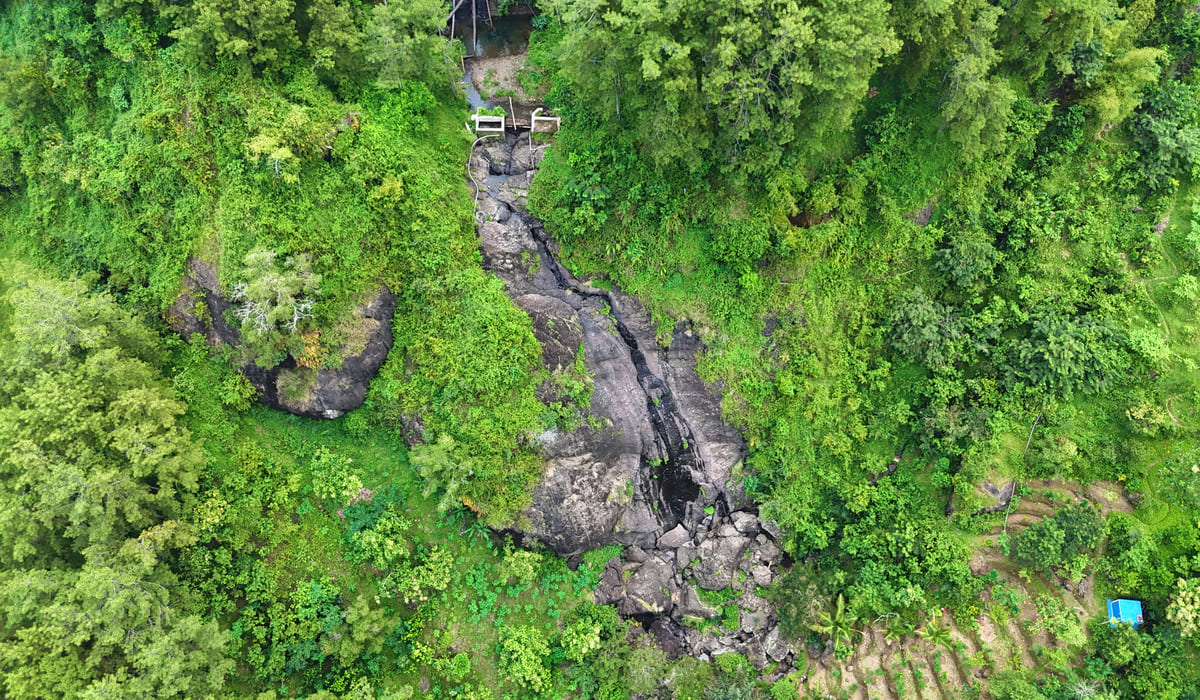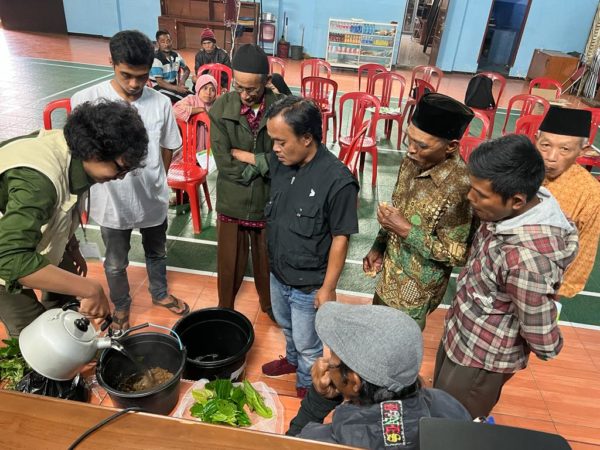
“We only know how to use the normal farming materials – we can’t develop them by ourselves,” laments Idin Tauhidin, a farmer from Banjaran Wetan village in West Bandung. Like many farmers in the region, he gets his fertilizers and chemicals from a supplier.
Nuryanto lives in the neighboring village of Pinggirsari. He says most farmers here rely on chemical fertilizers and pesticides, which are easy to get hold of and practical to use. However, they have noticed these chemicals harm the soil, leaving dangerous residues in the plants and trees they cultivate.
Now, with the help of Trees4Trees and sponsors, Idin, Nuryanto and many more like them are learning to make their own materials, using organic ingredients and sustainable methods that can improve their crop without damaging the soil or the surrounding ecosystem.
Trees4Trees Training Raises Awareness of Organic Farming
Held from November 4, 2022, through January 21, 2023, the training sessions were part of the Trees4Trees tree-planting program, designed to help farmers go green. “I consider this training as my opportunity to increase my knowledge and skills, especially in organic farming,” explains Nuryanto. “I hope I can use the knowledge to improve the agricultural process in my land, from planting to post-harvesting,” he added.
Most farmers in Nuryanto’s village are unfamiliar with organic farming. “They use instant chemical materials in farming, so they were surprised because the methods presented in the Trees4Trees training are quite different,” explains Agus, the Agricultural Extension Service officer for Pinggirsari village.
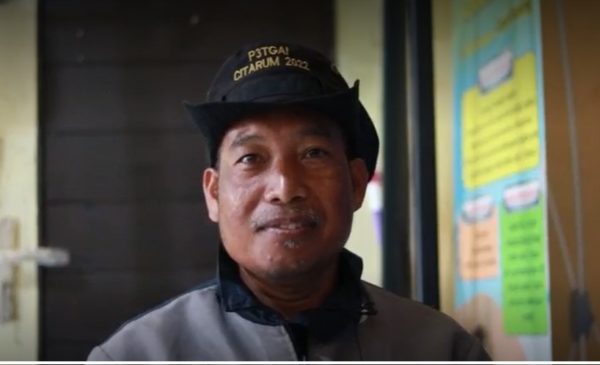
The organic farming method takes longer and is more complicated. For example, the fertilizer mixture must be ripened for a week, then stored for another 15 days. “This is something new for them (the farmers),” explains Agus, “but I think it will be useful for them.”
Agus believes the training is a golden opportunity to raise awareness among farmers about the many benefits of organic farming methods. “For example, chemical fertilizers often disrupt the soil structure, while organic fertilizers will restore the soil fertility and nutrients,” he added.
Cheaper, Greener, Better: Finding More Sustainable Solutions
One of the topics we covered at the training was how to make organic decomposer microbes. This process is an essential way to maintain soil nutrients. “Not many farmers could make [the microbes] on their own before,” observed Nuryanto, “but now we know it can be done using ingredients around us.”
The training showed farmers how to make decomposers, fertilizers and pesticides by themselves, utilizing organic waste such as leaves, rotten fruit, expired milk, and eggs. Solutions like this allow them to reduce their expenses, while also lowering their impact on the environment.
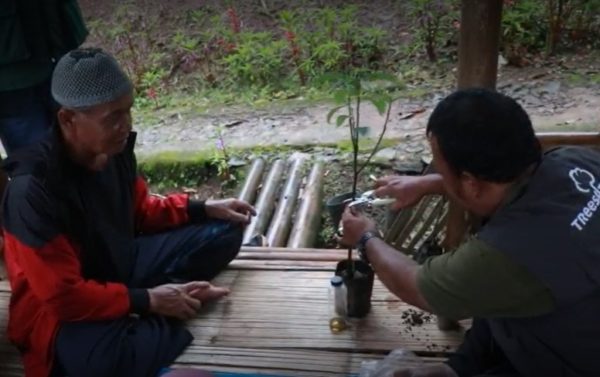
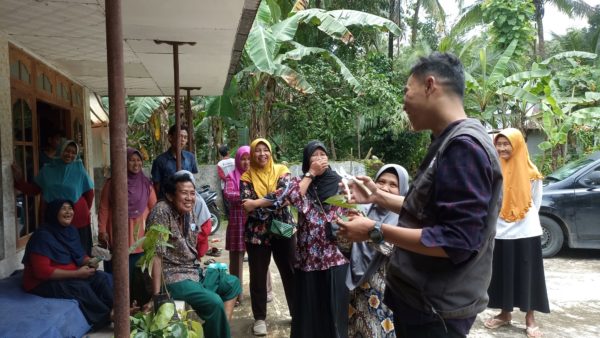
Working in Harmony with Nature, Going to the Next Level
During our recent planting season, Trees4Trees held training sessions in a total of 193 villages around West and Central Java. Idin Tauhidin is one of around 4,000 farmers who benefited. He believes it offers a way to reduce farmer’s dependence on suppliers and reduce the cost of buying seedlings and farming materials. When we spoke to him during the grafting technique training, he shared his thoughts:
“If farmers always expect seedlings from outside agencies or institutions, or always buy ready-made agricultural materials, it means they will remain dependent,” he said.
“By mastering the techniques, farmers can be more self-sufficient; from my experience, if farmers don’t update and accelerate their knowledge and skills, never attend training sessions, and rely only on self-taught knowledge, they will never go to the next level,” he added.
Idin, Nuryanto, and the many farmers in their communities hope to apply the knowledge they have gained from the Trees4Trees training to their own land. They aspire to become more independent, building their well-being without harming their environment where they live. Together with Trees4Trees, they are beginning to bring this dream to fruition.
Writer: V. Arnila Wulandani. Interview: Kemas Duga Muis. Editor: Christopher Alexander
